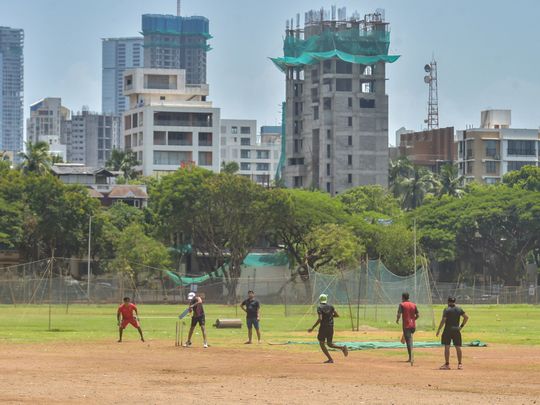
New Delhi: Lending by Indian banks is drying up in a niche market that is important for lower-rated companies.
There has been only one deal in the rupee syndicated market since April 1, of about Rs40 billion ($529 million), putting this quarter on track for the lowest tally in fourteen years. That compares with Rs452.4 billion in the previous quarter, when more than two dozen borrowers accessed funds.
That creates another challenge for Indian Prime Minister Narendra Modi’s efforts to kick-start the economy, which the Reserve Bank of India forecasts will contract for the first time in more than four decades this fiscal year.
Growth in bank credit to firms has slowed overall in India this year amid the Covid-19 pandemic. The part of the market where banks join together in syndication to extend funds is only a small part of the overall pool of funds. But the fact that it has almost entirely dried up is another sign that lenders are hesitant to provide funding, as they brace for increased bad loans tied to the coronavirus.
“Risk appetite of banks has fallen further due to the impact of the lockdown on the businesses of borrowers,” according to Jindal Haria, a director of financial institutions at India Ratings & Research. “Banks have been pushing up risk premiums because of the uncertainty due to the spread of the pandemic.”
India’s banks had already been struggling with some of the highest bad debt levels in the world before the pandemic forced the government to order the world’s biggest lockdown in March, hamstringing the economy. The nation’s deepening credit squeeze threatens the survival of more companies.
Banks are accepting penalty rates to keep record deposits with the RBI and have shunned a central bank program aimed at credit-starved corporates. The government responded last month by offering $62 billion in credit lines and cash injections to the smaller firms and the non-traditional lenders that fund them, while the RBI extended a loan moratorium until the end of August.
India’s state-run banks have lent Rs83.2 billion to smaller businesses under a government-sponsored financing plan, Finance Minister Nirmala Sitharaman’s office said in a Twitter post Sunday. This funding is to help firms tide over the impact of the pandemic.
Moody’s Investors Service cut India’s sovereign rating last week to just one level above junk, and pointed to persistent stresses among local lenders as an impediment to growth.
It added it “does not expect the credit crunch in India’s under-capitalised financial sector to be resolved quickly.”












